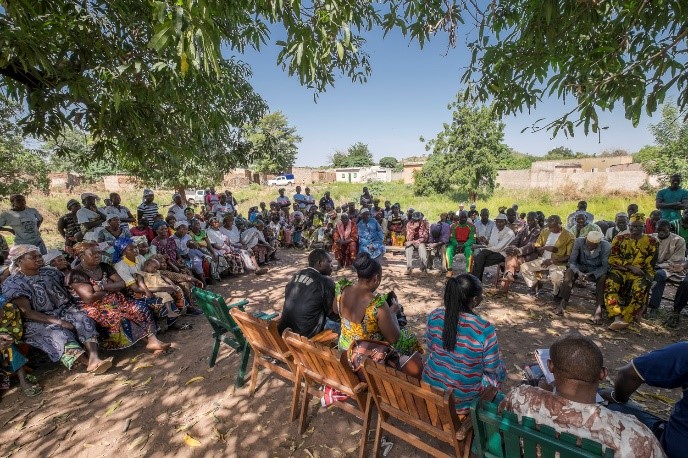
A new study published in the journal PLOS Neglected Tropical Diseases provides guidance for responsibly carrying out community and other stakeholder engagement activities to inform the development of area-wide vector control methods. According to the authors, “instrumental motivations and/or legal requirements should not be the sole basis for engagement. Engagement should be conceived of as a worthwhile pursuit in and of itself beyond the need to satisfy formal requirements”.
Engagement should start at the onset of the project and continue throughout all of its stages. Engagement is a two-way activity. The project team and other stakeholders must exchange knowledge, taking into consideration the expertise, interests and values of all involved. The recommendations were developed by a multidisciplinary team of academics, researchers and practitioners from a large variety of fields and geographical regions. Although focusing on area-wide vector control methods, the authors expect the recommendations to be broadly applicable to other research projects, and to help shape the expectations of other stakeholders and promote responsible research.
The article called “Guidance on stakeholder engagement practices to inform the development of area-wide vector control methods” is available here.
Recent posts
